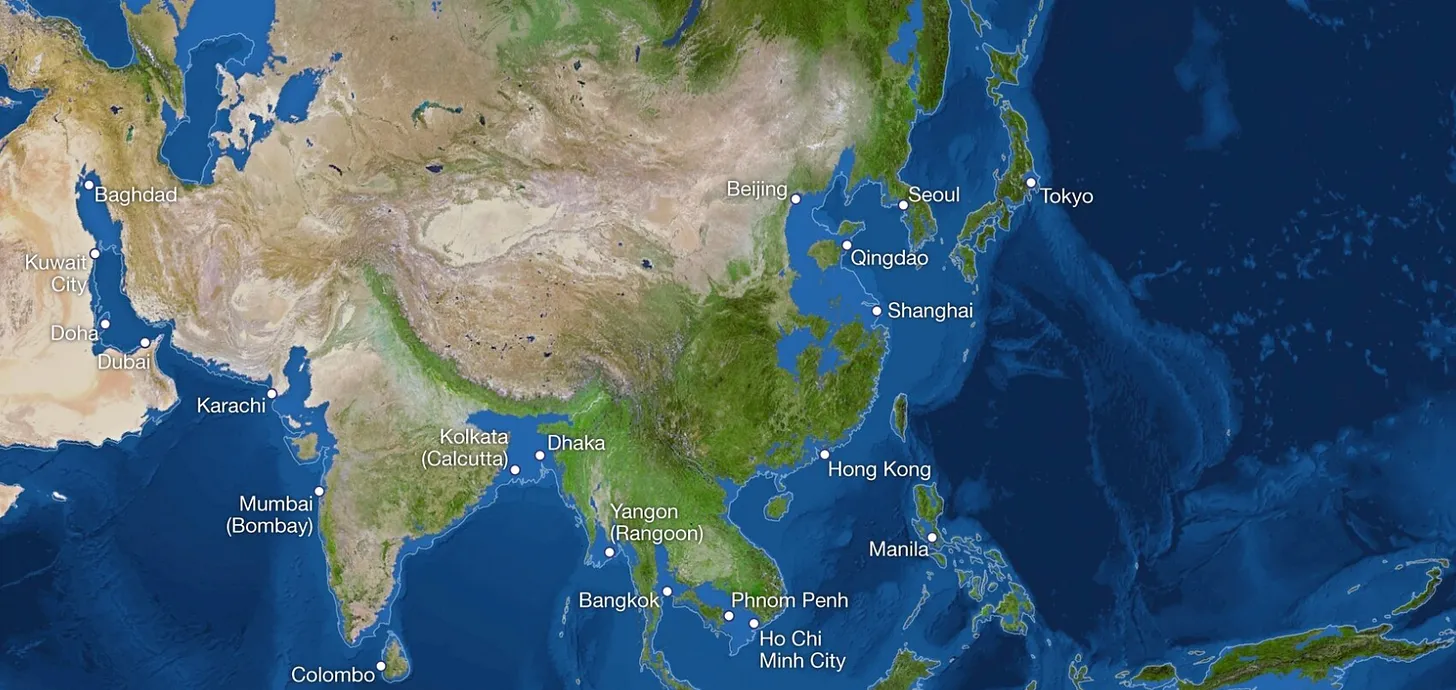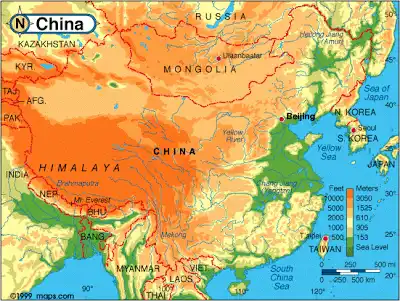RICO is a shit law, which criminalizes association and free speech. When it was passed, to take down the mob, far-sighted commenters noted it would be abused. Now it is being used to take down “Stop Cop City”.
It doesn’t seem a coincidence that this sprawling indictment is appearing when the Stop Cop City movement has reached its zenith of public support. Activists campaigning to put Cop City on the ballot have gathered over 100,000 signatures, well north of the number of votes Andre Dickens secured in his race for the Atlanta mayorship. Mainstream civil and human rights organizations, including the King Center, have come out in favor of the ballot initiative. Stop Cop City solidarity groups have popped up in at least twenty-one states, and progressive groups nationwide have leaned into support. The Stop Cop City movement stands a fighting chance, and so the state has exacted retribution.
***
As part of the negotiation of normalization of relations between Israel and Saudi Arabia, a formal alliance is being suggested. This seems misjudged: the Saudi regime isn’t just a terrible one, it’s a bad ally to the US; almost certainly part of the 9/11 attacks. Moreover, as Foreign Policy notes, normalizing with Israel may cost the Sauds their peace with Iran, and that could lead to war with Iran.
***
Thomas Neuberger, summarizing Hansen, notes that sea level rises are likely to happen much faster than standard models, and that means disaster for Asia (but not just Asia.) All of these won’t happen this century, I suspect, but plenty will.
This map (from NASA) is must viewing:

As is this one, where the dark green is low lying areas that will be flooded early.

Neuberger notes that:
Beijing is now a coastal city. Notice also that the North China Plain, the Chinese “breadbasket” and engine of Chinese growth, is now under water. In the image below, the green area south of Beijing is the North China Plain. Green shows how close it is to sea level today. It will flood early in the process. (my emphasis)
You’ll also notice that Bangladesh is on the “floods early” slate. Imagine how that will effect India, and notice that there’s plenty of early Indian flooding too.
***
So, New York has a partial AirBnB ban which has finally gone into effect.
New Yorkers are forbidden from renting out their residence. If they wish to rent, they must be present in the home, as a host. And they must prove that they’re not effectively running an illegal hotel by turning over all kinds of information to the city, which will then list them in a registry
What seems to have happened is a lot of short term rentals being moved to long term, with some drop outs.
The drop, recorded between August 4 and September 5, the day New York City began enforcing the new law, represents the disappearance of some 15,000 short-term listings from Airbnb. The figures are based on data provided by Inside Airbnb, a housing advocacy group that tracks listings on the platform.
In August, there were some 22,000 short-term listings on Airbnb in New York City. As of September 5, there were 6,841. But it seems some short-term listings have been switched to long-term listings, which can only be booked for 30 days or more. The number of long-term rentals jumped by about 11,000 to a total of 32,612 from August 4 to September 5. These listings do not need to be registered under the new law.
Additionally, Inside Airbnb estimates that around 4,000 rentals in total have disappeared from Airbnb since the law took effect.
So, all of a 4K difference. I suspect this law is not going to be enough, but if the long term rentals drop in price so that they are viable for true renting; if they can become homes, then fine, AirBnB has just become a central site for long term rentals.
We’ll see.
A lot will also depend on enforcement. Many, perhaps most of the remaining short term AirBnB rentals are likely illegal, and if New York doesn’t go after then and punish both the landlords and AirBnB itself, the law will not matter. An unenforced book is only a political stick to be used against citizens who cross the wrong person.
I also agree with NYDaily News that allowing people to rent their own homes, without being there, for say a month a year, would be ideal. If someone is on vacation and wants to rent their house for the duration of their vacation, that’s reasonable and not a threat to the housing market.
Chalk this one down as “good potential first step, but we’ll see.”
x
x
